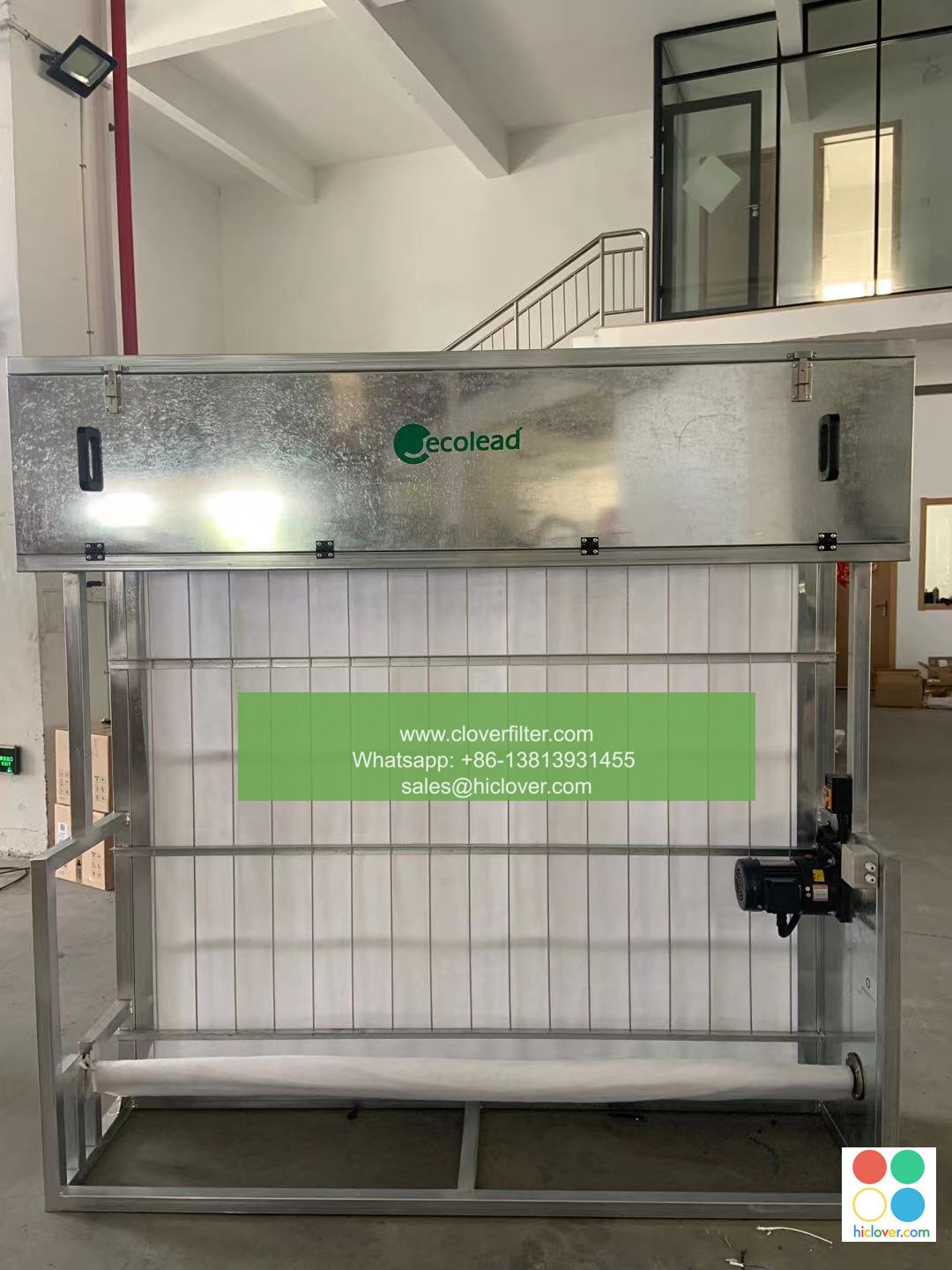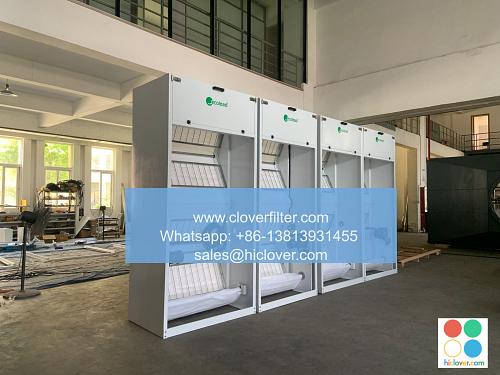The Importance of Air Filtration in Cleanrooms: A Merck NJ Campus Perspective

Cleanrooms are controlled environments that require meticulous attention to detail to maintain the highest levels of air quality and purity. At the Merck NJ Campus, a leading pharmaceutical research and development facility, air filtration systems play a critical role in ensuring the quality and integrity of products. In this article, we will discuss the importance of air filtration in cleanrooms, highlighting various application areas and the benefits of implementing high-efficiency particulate air (HEPA) filters and ultra-low penetration air (ULPA) filters.
##
Introduction to Cleanrooms and Air Filtration
Cleanrooms are designed to minimize the presence of airborne particles, which can contaminate products and compromise their quality. The primary goal of a cleanroom is to provide a controlled environment with low levels of particulate matter, microorganisms, and other airborne contaminants. Air filtration systems are an essential component of cleanroom design, as they help to remove airborne particles and maintain a high level of air purity.
##
Application Areas for Air Filtration in Cleanrooms
Air filtration systems are used in various application areas within cleanrooms, including:
* Pharmaceutical manufacturing: to prevent contamination of products and ensure compliance with regulatory requirements
* Biochemical research: to maintain a sterile environment for cell culture and other biological applications
* Electronic manufacturing: to prevent damage to sensitive electronic components from airborne particles
* Medical device manufacturing: to ensure the quality and safety of medical devices
##
Benefits of High-Efficiency Particulate Air (HEPA) Filters
HEPA filters are a type of air filter that can capture particles as small as 0.3 microns, making them an effective solution for cleanroom applications. The benefits of using HEPA filters include:
* High efficiency: HEPA filters can capture 99.97% of particles as small as 0.3 microns
* Low airflow resistance: HEPA filters are designed to minimize airflow resistance, reducing the energy required to operate the air filtration system
* Long filter life: HEPA filters can last for several years, depending on the application and operating conditions
##
Ultra-Low Penetration Air (ULPA) Filters: The Next Level of Air Filtration
ULPA filters are a type of air filter that can capture particles as small as 0.1 microns, making them an even more effective solution for cleanroom applications. The benefits of using ULPA filters include:
* Even higher efficiency: ULPA filters can capture 99.999% of particles as small as 0.1 microns
* Improved product quality: ULPA filters can help to prevent contamination of products, ensuring the highest level of quality and purity
* Regulatory compliance: ULPA filters can help to ensure compliance with regulatory requirements, such as those set by the FDA and ISO
##
Case Study: Merck NJ Campus Cleanroom Air Filtration System
At the Merck NJ Campus, a comprehensive air filtration system was designed and implemented to ensure the quality and purity of products. The system includes:
* HEPA filters: used to capture particles as small as 0.3 microns
* ULPA filters: used to capture particles as small as 0.1 microns
* Airflow control systems: used to maintain a consistent airflow and prevent turbulence
* Air quality monitoring systems: used to monitor the air quality and detect any potential contaminants
The results of the air filtration system at the Merck NJ Campus have been impressive, with:
* Significant reduction in airborne particles: the air filtration system has reduced the number of airborne particles by over 99%
* Improved product quality: the air filtration system has helped to ensure the quality and purity of products, reducing the risk of contamination
* Regulatory compliance: the air filtration system has helped to ensure compliance with regulatory requirements, reducing the risk of non-compliance and associated penalties
##
Conclusion
In conclusion, air filtration systems are a critical component of cleanroom design, playing a vital role in maintaining the quality and purity of products. The use of HEPA filters and ULPA filters can help to ensure the highest level of air purity, reducing the risk of contamination and ensuring regulatory compliance. As demonstrated by the case study at the Merck NJ Campus, a comprehensive air filtration system can have a significant impact on product quality and regulatory compliance. By understanding the importance of air filtration in cleanrooms and implementing effective air filtration systems, companies can ensure the quality and purity of their products, reducing the risk of contamination and associated costs.

